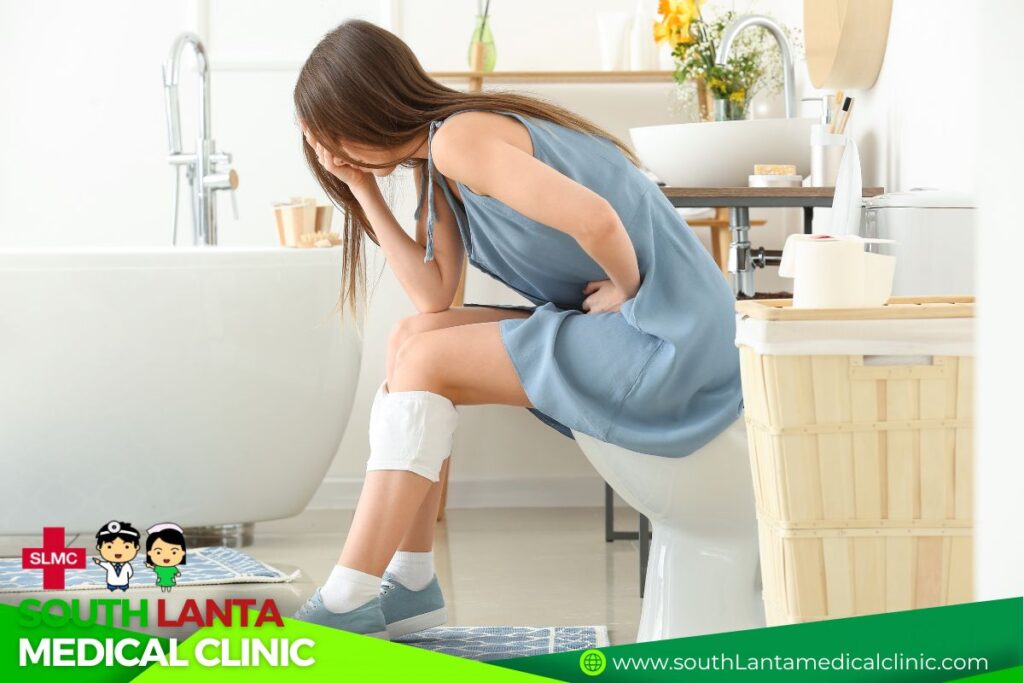
Preventing diarrhea involves adopting good hygiene practices, maintaining a healthy lifestyle, and being cautious about food and water safety. Here are some tips to help prevent diarrhea:
Treatment of Diarrhea:
1.Hydration : The primary concern with diarrhea is dehydration due to the loss of fluids and electrolytes. It’s crucial to stay well-hydrated by drinking plenty of water, clear broths, and oral rehydration solutions.
2.Dietary Changes: BRAT Diet: The BRAT diet (bananas, rice, applesauce, and toast) can help ease symptoms.
- Avoid Trigger Foods: Stay away from spicy, fatty, and high-fiber foods until symptoms improve.
- Probiotics: Probiotics, found in yogurt or available as supplements, can help restore the balance of healthy bacteria in the gut.
- Over-the-Counter Medications:Anti- Diarrheal Medications: Medications like loperamide (Imodium) can help reduce diarrhea, but they should be used cautiously and under medical guidance, especially if an infection is suspected
Medical Evaluation:
If diarrhea is severe, persistent, or accompanied by other concerning symptoms (such as high fever, dehydration, or blood in the stool), it is essential to seek medical attention promptly.
In cases of infectious diarrhea, the healthcare provider may prescribe specific medications if a bacterial or parasitic infection is identified.
Address Underlying Causes: If diarrhea is a symptom of an underlying condition, such as inflammatory bowel disease or lactose intolerance, addressing the root cause is necessary for effective management.
It’s important to note that while these general guidelines may be helpful, the specific approach to treating diarrhea can vary based on the underlying cause. Always consult with a healthcare professional for personalized advice and appropriate treatment, especially if symptoms are severe or persistent.
Medical precautions:
Be cautious with antibiotics. Only take them when prescribed by a healthcare professional, as they can disrupt the natural balance of gut bacteria.




